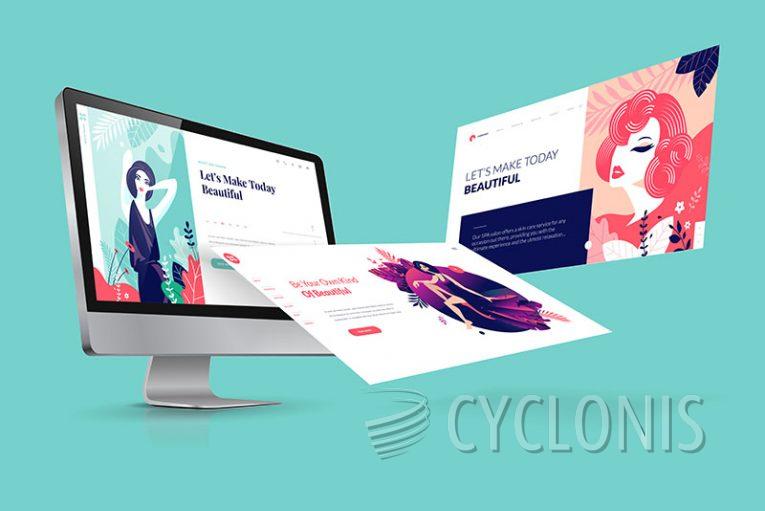News-pekota.cc Uses Fake Content to Push Ads

News-pekota.cc is a deceitful platform intentionally created to entice unsuspecting users into subscribing to its push notifications. Once granted permission, this website inundates users with a continuous stream of intrusive advertisements directly on their computer screens, often overshadowing other active applications. These ads typically appear in the upper-right or lower-right corners, depending on the operating system, and they can persist even when the web browser is not in active use.
These ads continue to appear as long as the browser remains running in the background, whether during casual browsing on different websites or while watching videos. What raises concern is the potential malicious nature of these advertisements; they can lead users to fraudulent virus alerts, enticing yet deceptive money-making schemes, and other phishing content.
Interacting with or clicking on links within these push notifications carries significant risks. Users might inadvertently download harmful software, unknowingly share sensitive information with cybercriminals, or become victims of financial scams. For those struggling to stop these unwanted pop-ups, we provide further guidance below on how to manage such push notifications and ensure the security of your computer.
Push notifications, initially designed for delivering real-time alerts, are now being cunningly exploited by cyber scammers to disseminate unwanted ads and profit financially. This type of malicious activity is exemplified by websites like News-pekota.cc, whose primary goal is to deceive users into enabling these notifications.
Upon visiting News-pekota.cc, visitors often encounter a sudden pop-up that presents "Allow" and "Block" options. To add to the complexity, this prompt is accompanied by deceptive messages designed to persuade the user into clicking "Allow."
How Can Misleading Sites Abuse Push Notifications to Spam Ads?
Misleading websites can abuse push notifications to spam ads by taking advantage of the permissions users grant to receive notifications. Here's how they typically exploit this feature:
- Deceptive Prompts: When users visit a misleading website, they may encounter a deceptive pop-up or prompt that asks whether they want to "Allow" or "Block" notifications. These prompts are often designed to mislead users into clicking "Allow."
- Overlaying Content: To make matters more confusing, the deceptive prompt may overlay the actual website content, making it difficult for users to interact with the site or exit the prompt without making a choice.
- Encouraging "Allow": Misleading websites often use manipulative language or false claims in the prompts to persuade users to click "Allow." For example, they may promise access to exclusive content, claim that notifications are required to view the site, or use scare tactics by warning of security threats.
- Notification Spam: Once users click "Allow," the misleading website gains permission to send push notifications to the user's device. They abuse this permission by sending a continuous stream of intrusive advertisements directly to the user's desktop or mobile device.
- Persistent Ads: These push notifications continue to appear even when the user is not actively using the website or browser. They can appear in the corner of the screen, often in the upper-right or lower-right corners, depending on the operating system.
- Intrusive Content: The ads sent via push notifications can be intrusive and disruptive, often overshadowing other open applications or windows. This persistent and invasive advertising can be highly annoying to users.
- Malicious Content: In some cases, the ads delivered through push notifications may lead users to fraudulent websites, fake virus alerts, deceptive money-making schemes, phishing pages, or malicious downloads. Clicking on these ads can pose significant security and privacy risks.








